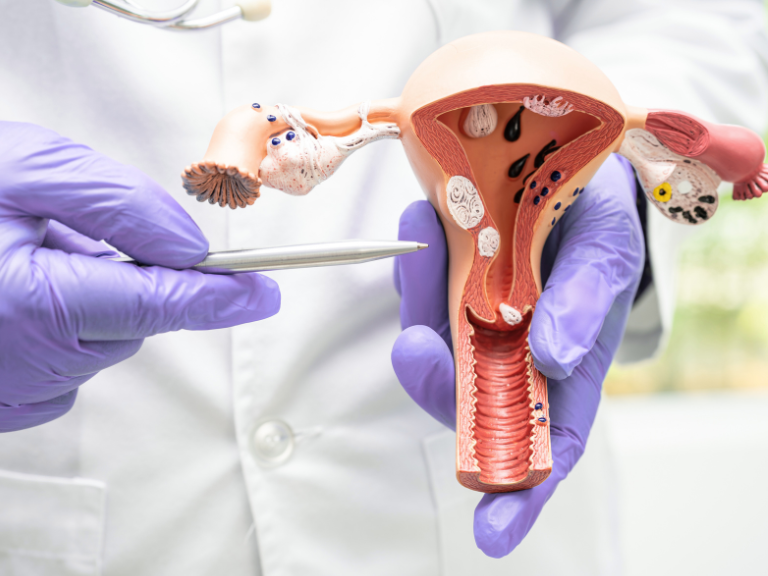Sussex Cancer Fund Supports Groundbreaking Study into the Impact of Stress on Endometrial Cancer

A pioneering research project investigating how psychological stress may influence the development and progression of endometrial cancer is underway, thanks to significant support from the Sussex Cancer Fund. The charity has contributed £25,679 to help fund this collaborative study led by Professor Melanie Flint at the University of Brighton.
The study, entitled “Psychological Stress, Glucocorticoids and Gynaecological Cancers,” aims to explore the relationship between stress hormone levels and the aggressiveness of endometrial cancer, which affects approximately 9,400 women annually in the UK. It will also examine whether stress impacts the efficacy of treatment.
Working under the guidance of Professor Flint, PhD student Sarah Becker from the School of Applied Sciences at the University of Brighton is playing a key role in the research. Sarah is investigating how glucocorticoid signalling—triggered by the body’s stress hormone, cortisol—may influence tumour growth and contribute to chemotherapy resistance.
“I’m focusing on how stress, via the glucocorticoid receptor, affects cancer growth and resistance to chemotherapy,” Sarah explained. “My aim is to better understand the biological mechanisms behind these effects so we can ultimately inform treatment and care pathways for patients.”
The research team, drawn from the University of Brighton, University Hospitals Sussex NHS Foundation Trust, and Brighton and Sussex Medical School, will recruit patients diagnosed with endometrial cancer across Sussex. Tissue samples collected during surgery will be used to grow organoids—miniature tumour models—allowing scientists to test how cortisol may affect tumour behaviour and treatment outcomes.
Professor Melanie Flint, Professor of stress and cancer research at the University of Brighton and lead investigator, said:
“We are immensely grateful to the Sussex Cancer Fund for supporting this important work. With endometrial cancer rates on the rise, particularly among younger women, it is vital to understand how stress might influence the biology of these tumours. This research not only has the potential to inform future treatment strategies but also to improve quality of life by identifying the benefits of stress reduction interventions.”
The three-year study will also include quality of life assessments and blood tests to track stress markers over time. The goal is to gather data that could inform a future clinical trial looking at stress reduction—both pharmacological and psychological—as part of cancer care.
Steve Crocker, Trustee at the Sussex Cancer Fund, commented:
“This is exactly the kind of impactful, patient-centred research we’re proud to support. The potential to uncover new links between stress and cancer progression could lead to meaningful improvements in care and outcomes. It’s a brilliant example of the collaborative, translational work happening here in Sussex.”
The project is an excellent example of partnerships between local universities, clinicians, and NHS Trusts. Findings will be presented at national and international conferences, and the project also supports the training of future clinician-researchers through a Medical Doctorate (MD) programme.

Sarah Becker

Professor Melanie Flint


